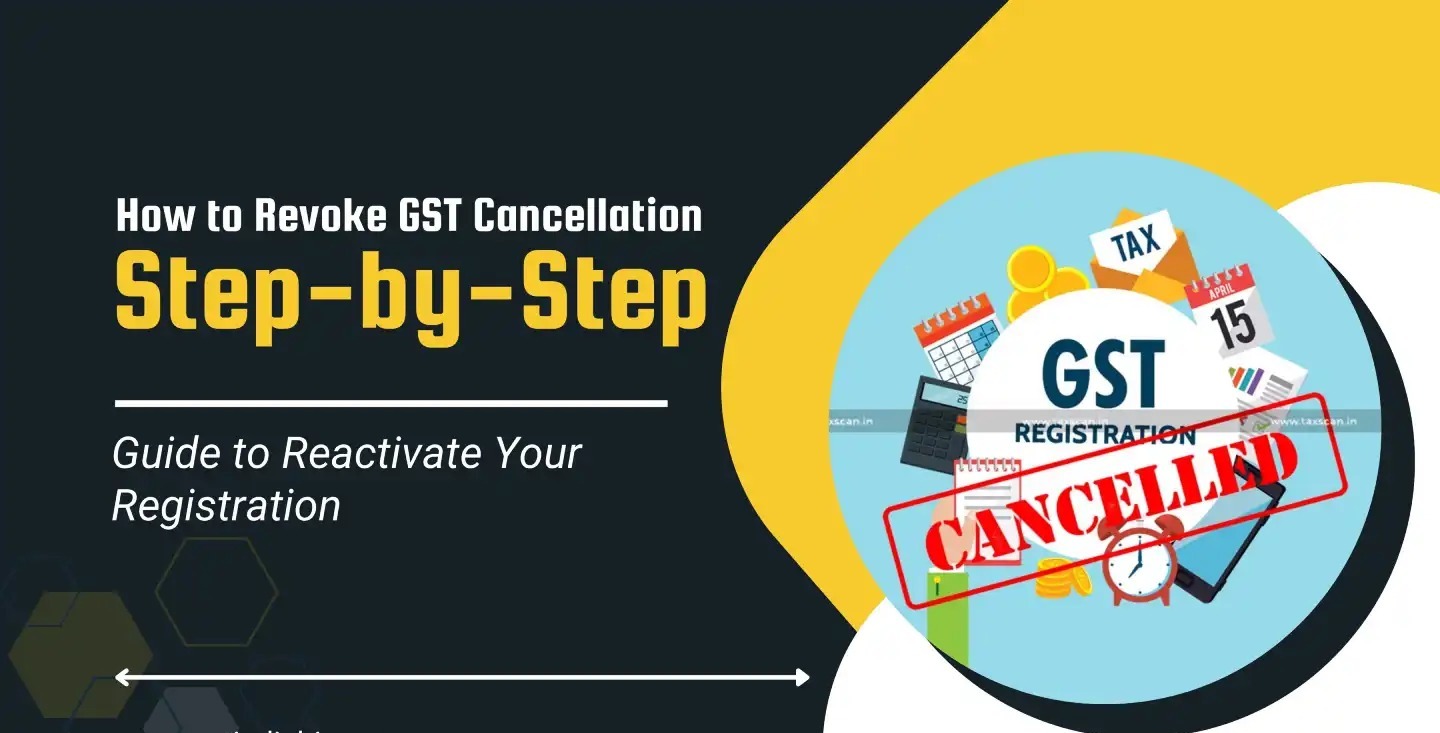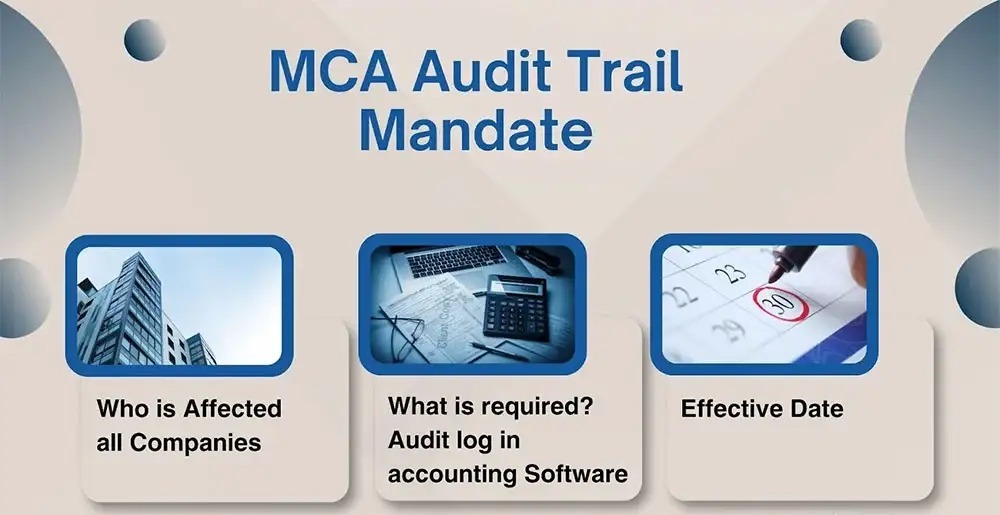@JUDGMENTTAG-ORDER
K.G. Shankar, J.@mdashThese two writ petitions are disposed of through this common order. The petitioner in WP No. 7979 of 2004 is the former Deputy Manager of the 3rd respondent-Company. The petitioner in WP No. 8561 of 2004 is also a former Deputy Manager of the same Company. They shall be referred to as the petitioner in the former case and the petitioner in the latter case. Their grievance is common.
2. Whether an employee of a Central Public Sector Undertaking who took VRS is entitled to payment of arrears on account of revision of the salaries which was effected for the period while the employee was in service but was effected after the employee retired from service is the question that needs to be considered in both these writ petitions.
3. The petitioner in the former case applied for retirement under VRS (Voluntary Retirement Scheme) on 3.10.1998. The petitioner in the latter case applied for VRS on 15.4.2000. Both the applications were accepted. The petitioner in the former case was relieved from service on 15.10.1998. The petitioner in the latter case was relieved from service on 10.5.2000. Both of them were working in the Executive Cadre at Below Board Level.
4. After filing of the writ petitions, the 3rd respondent stood amalgamated with the 4th respondent with effect from 1.7.2010. Consequently, WPMP Nos. 38882 of 2010 and 38883 of 2010 in both the writ petitions were ordered bringing the 4th respondent on to the record.
5. The Central Government has been applying its Rules to the Central Public Sector Undertakings (PSUs) through various mechanisms including the Presidential Directive, On 25.6.1999, the Pay Scales of the Board Level Posts and Below Board Level Posts stood revised with effect from 1.1.1997. The O.M. (Official Memorandum) dated 25.6.1999 requested Administrative Ministries to fix the Pay of the employees of the Board Level Posts with effect from 1.1.1997 in terms of the Presidential Directive dated 14.2.1989. The crucial orders in the Office Order dated 16.8.2002 in Reference No. SI/RO/EE/207/459/02 were made by the 3rd respondent applying the Revised Pay Scales with effect from 1.1.1997. However, while dealing with the scope and coverage of the Revised Pay Scales, the Office Order declared that the Revised Pay Scales apply to all Executives both at the Board Level and Below Board Level who were on the rolls of the 3rd respondent as on 1.1.1997 and have been continuing in the service of the Company as on the date of the issuance of the Presidential Directive i.e., 16.8.2002. Admittedly, both the petitioners were not in the service of the 3rd respondent by 16.8.2002 as they retired from service on 15.10.1998 and 10.5.2000 respectively. The petitioners contend that they are entitled to monetary benefits from 1.1.1997 under the Revised Pay Scales till their respective dates of retirement. On the allegation that the same was denied, the petitioners approached this Court through these two writ petitions.
6. An Assistant Engineer, who put up 22 years of service and retired as a Senior Executive on 29.6.2002 on attaining the age of superannuation, was denied the benefit of the revision of wages as introduced in the 3rd respondent-Company with effect from 1.1.1997. Assailing the same, the said Assistant Engineer filed a writ petition in WP No. 15090 of 2005. A learned Single Judge of this Court allowed the same holding that the contention of the employer that the introduction of the Scheme with effect from 19.8.2002 alone to the employees in service as on that day was incorrect and cannot be accepted. Aggrieved by the same, the 3rd respondent preferred WA Nos. 586 and 1171 of 2008. Both the writ appeals were dismissed. The contention that the 3rd respondent-Company was sick was not accepted on the ground that the 3rd respondent applied the scheme of Revised Pay Scales to those employees who are still in service retrospectively with effect from 1.1.1997.
7. The learned Counsel for the petitioners contended that when the petitioners retired from service under the Voluntary Retirement Scheme, the concession of the mode of employment cannot change the benefits to which they would have been entitled to had they been in service. He further contended that the petitioners are entitled for recalculation of ex gratia taking into consideration the Revised Pay Scales together with monetary benefit from 1.1.1997 and shall pay the same to the two petitioners.
8. The learned Counsel for the 4th respondent, who took over the management of the 3rd respondent on account of amalgamation, contended that ex gratia was paid to the petitioners once and for all on account of the implementation of the VRS and that the petitioners cannot seek for the payment of additional ex gratia towards the monetary benefit on account of the Revised Pay Scales.
9. The O.M., dated 8.12.2000, was relied upon by both sides. The O.M. was in respect of the Voluntary Retirement Scheme/Voluntary Separation Scheme (VRS/VSS) for the employees of Public Enterprises. Point No. 3 is that in the event of any arrears of ex gratia payable to the employees retired under Voluntary Separation Scheme, ex gratia shall be recalculated on the basis of the Revised Pay Scales and paid accordingly. In the O.M., dated 28.2.2002, dealing with the employees retired under VRS/VSS, point No. 6 deals with the payments made as ex gratia, gratuity, leave encashment and pay arrears in case of pay revision, if allowed on a later date with effect from 1.1.1997. The O.M. reads that ex gratia shall be recalculated on the basis of the Revised Pay Scales in case the Revised Pay Scales are made applicable subsequently and that the increased ex gratia to be paid should be adjusted. Point No. 6 further states that the other elements like gratuity, leave encashment are to be paid as per the provisions of the relevant statutes and service conditions and that they are outside the computation of the ex gratia of the voluntary retirements. Thus, the O.M. dated 28.2.2002 deals with the cases of employees who retired voluntarily.
10. The learned Counsel for the 4th respondent contended that the O.M. dated 8.12.2000 and the O.M. dated 28.2.2002 do not apply to employees who took retirement under VRS but applies to employees who are subjected to VSS only. I am afraid that the subject in both the O.Ms reads that they are applicable to the employees of VRS and VSS and no distinction is drawn between the two categories. It is also contended that the VRS is a contract between the employer and the employee and that it is beyond the rules that govern the employment between the employer and the employee, so much so, an employee who retired under the VRS is not entitled to seek for enhancement of ex gratia arising on account of the Revised Pay Scales.
11. The learned Counsel for the 4th respondent placed reliance upon various decisions in support of his contention. In
12. It may be noticed that in the present case, the Central Government applied the Revised Pay Scales to all the employees who were in service as on 1.1.1997 without any exception. Consequently, whether the petitioners are covered or not covered by the Revised Pay Scales does not arise, Evidently, the petitioners would have been covered by the new scales had they been in service. The question is whether the same would apply even after their retirement
13. In
14. In
15. In view of these decisions, it is contended by the learned Counsel for the 4th respondent that the Revised Pay Scales, albeit they came into force with effect from 1.1.1997 cannot be invoked so far as the petitioners are concerned.
16. It may first be noticed that in the applications for VRS, in Column No. 9, the petitioners have specifically stated that the salary of the petitioners shall include the benefits of the Revised Pay Scales with effect from 1.1.1997 as per Rules. Thus, as rightly submitted by the learned Counsel for the petitioners, the very opting out to the VRS by the petitioners was conditional. The petitioners claim that they are entitled to the benefits under the Revised Pay Scales with effect from 1.1.1997 as the same was in the offing by the time the petitioners retired from service.
17. The learned Counsel for the 4th respondent contended that the VRS application was a printed pro forma and what the petitioners wrote by way of filling up the pro forma is not binding on the 4th respondent. I disagree with this contention. A reading of Column No. 9 of the VRS applications clearly shows that the petitioners intend to derive the benefits accruing under the Revised Pay Scales with effect from 1.1.1997 apart from the other benefits under the VRS. It is not even a package deal in the sense the petitioners claimed for other benefits under the Revised Pay Scales. The contention of the learned Counsel for the 4th respondent on the basis of the decisions of the Supreme Court cited above has no application where the very VRS applications were conditional applications.
18. Indirectly, the 2nd respondent urged that the Presidential Directives have no application to the O.Ms and that the impugned Office Order dated 16.8.2002 more particularly Para 1.1 cannot be set aside on the ground that it is against the Presidential Directive. In the circular issued by way of O.M. on 8.4.1999 by the Department of Public Enterprises, it was stated that Presidential Directives are mandatory in nature. The Office Order dated 16.8.2002 issued by the Ministry of Steel is a Presidential Order as mentioned in the order itself. Consequently, the same is binding on the 3rd respondent, which, in turn, is binding on the 4th respondent. The 3rd respondent cannot claim that the benefits of the Revised Pay Scales are given to those employees who are working as on 16.8.2002 only and not those who have retired subsequently on 1.1.1997. All the employees who are in service as on 1.1.1997 shall be entitled to the benefits and the petitioners consequently are also entitled to the benefits claimed.
19. It is also contended by the learned Counsel for the petitioners that in fact, Dearness Allowance and Gratuity were revised after the petitioners retired from service through VRS and that the revision regarding Dearness Allowance and Gratuity were in fact implemented in favour of the petitioners. Their claim is that the petitioners are entitled to such benefit in respect of the other benefits as well. I wholly agree with the contention of the learned Counsel for the petitioners that where the Presidential Directive was issued to the 3rd respondent, the 3rd respondent was liable to implement the same as it is. Consequently, the 3rd respondent cannot claim that the Revised Pay Scales are applicable to those employees who are in service as on 16.8.2002 and not to every employee who retired after 1.1.1997. The Revised Pay Scales in the 3rd respondent are applicable to every employee that retired from service after 1.1.1997, so much so, the same is applicable to the petitioners. The petitioners consequently are entitled to the mandamus sought for by them. Accordingly, these two writ petitions are allowed declaring the action of the respondents in not extending the Revised Pay Scales in terms of O.M. dated 25.6.1999 with effect from 1.1.1997 is arbitrary, directing the respondents to extend the Revised Pay Scales to the petitioners. Consequently, the respondents are directed to extend the benefits of wage revision introduced on 16.8.2002 with effect from 1.1.1997 to the petitioners, by recalculating the ex gratia of the petitioners and are directed to pay the arrears as well as the other benefits accrued thereunder to the petitioners with effect from 1.1.1997 till the dates of their respective retirement within a period of three months from the date of receipt of a copy of this common order. No costs.

